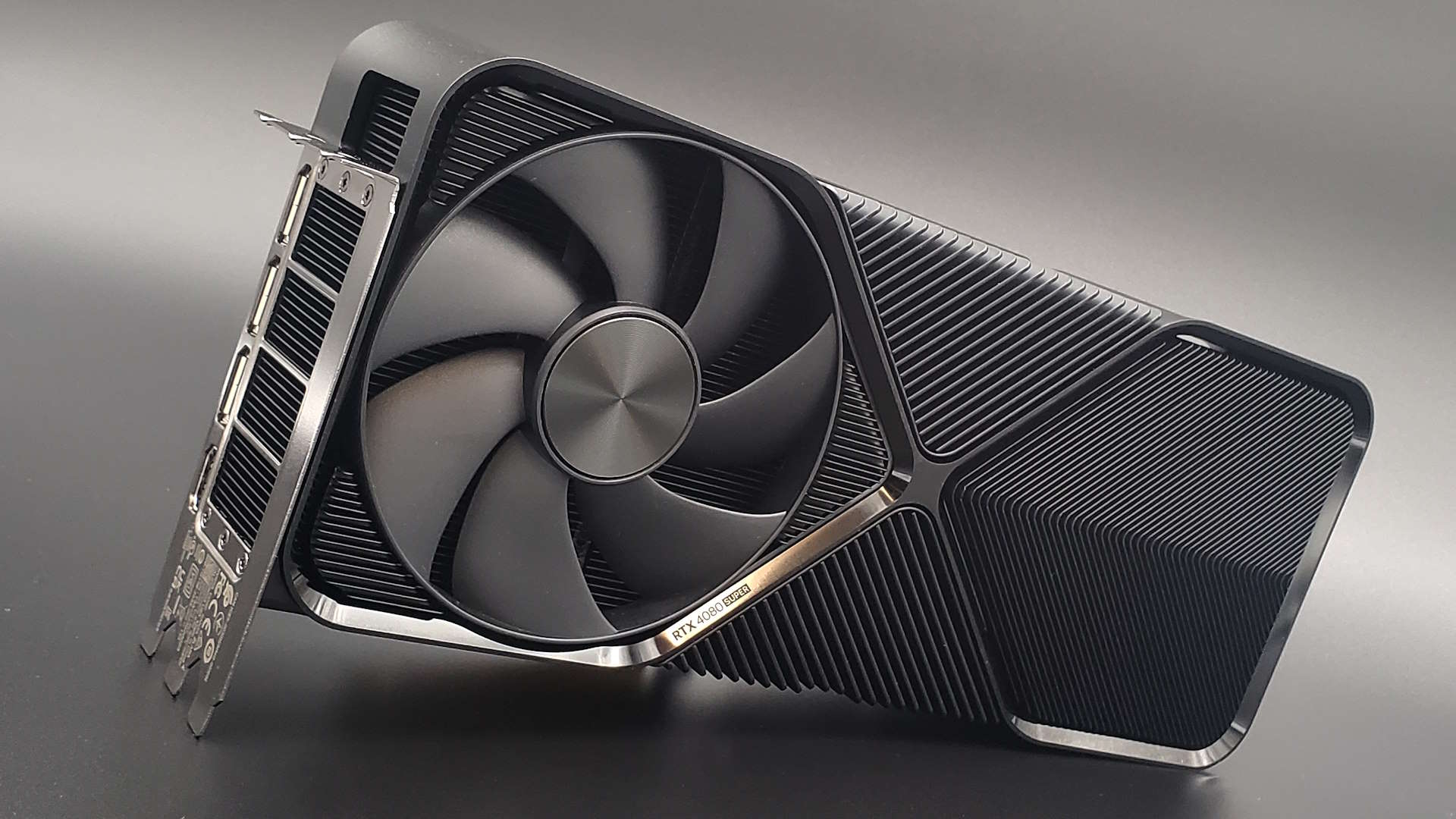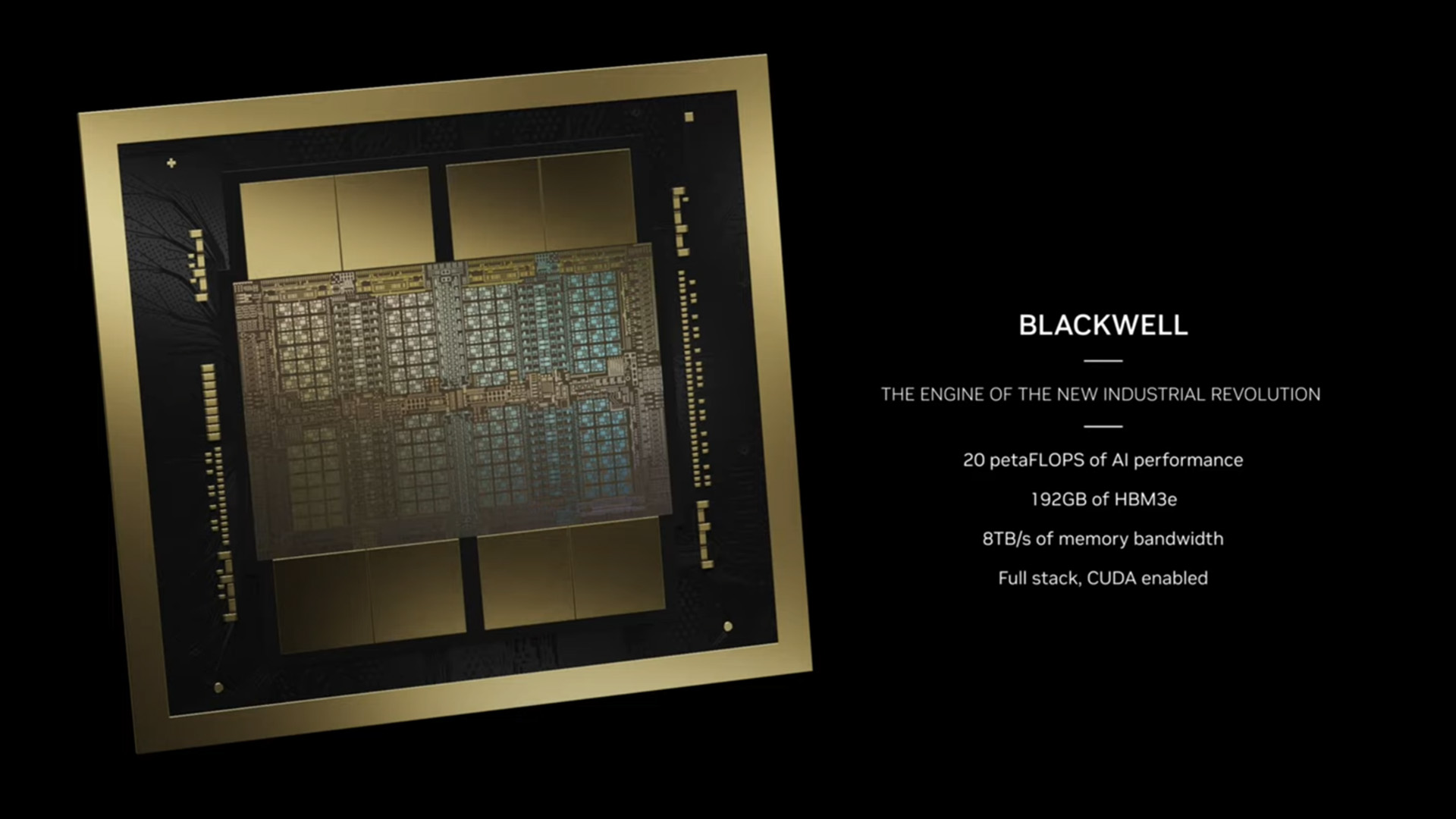Nvidia could face antitrust charges in France as 'the risk of abuse by chip providers' scrutinised by competition authority
Follow-up to raids at Nvidia's offices in September.

Nvidia is under the watchful eye of the French competition authority, Autorité de la concurrence, and may face charges for alleged anti-competitive practices, Reuters suggests.
The report from Reuters claims the Autorité will lay out charges against the graphics card giant, citing people with direct knowledge of the matter. The exact details of any charges have not been made public yet, though will likely regard "allegedly anti-competitive practices."
The Autorité has already had one bust-up with Nvidia—an impromptu raid of Nvidia's offices in September last year. According to a press release by the Autorité, which doesn't name Nvidia directly, a raid was carried out "at the premises of a company suspected of having implemented anticompetitive practices in the graphics cards sector."
A new report from the Autorité published last Friday outlines the authority's causes for concern in another sector: generative artificial intelligence. In which, Nvidia is name dropped at multiple points.
Nvidia is cited in the report as one of a handful of "major digital companies", including Amazon, Apple, Meta and Nvidia. Microsoft and Google-owner Alphabet are separately noted as the biggest players. It's the only "IT component supplier" specifically noted in the report, however.
The report goes on to outline various competition risks in the sector. There's only one that mentions Nvidia by name, "the risk of abuse by chip providers."
Here's that section in full:
The biggest gaming news, reviews and hardware deals
Keep up to date with the most important stories and the best deals, as picked by the PC Gamer team.
"The Autorité found a number of potential risks, such as price fixing, production restrictions, unfair contractual conditions and discriminatory behaviour. Concern was also expressed regarding the sector's dependence on Nvidia's CUDA chip programming software (the only one that is 100% compatible with the GPUs that have become essential for accelerated computing). Recent announcements of Nvidia's investments in AI-focused cloud service providers such as CoreWeave are also raising concerns.
"The graphics card sector, which was the target of an unannounced inspection in September 2023, is being closely scrutinised by the Autorité’s Investigation Services."

It would appear that Nvidia is of particular concern for the Autorité. It is, after all, a significant market leader in AI and graphics cards. It commands a significant share of the gaming graphics card market—the latest Steam Hardware Survey gives us a rough idea of its dominance at 76% of the market.

Best CPU for gaming: The top chips from Intel and AMD.
Best gaming motherboard: The right boards.
Best graphics card: Your perfect pixel-pusher awaits.
Best SSD for gaming: Get into the game ahead of the rest.
That lead is also seen in the AI business. It's estimated that Nvidia controls anywhere from 70–95% of the AI hardware market. Even taking the lowest estimations, Nvidia is in charge.
Though Nvidia does face competition in AI hardware and the gaming graphics business. Intel and AMD offer competition in both markets and there are specific accelerators utilised in AI operations, such as Google's TPU, which is also mentioned in the report as sufficient alternative to the green team's gear.
Likewise, the report notes "alternatives to Nvidia's CUDA software are also beginning to emerge," which appears as a nod presumably to ROCm from AMD or OneAPI from Intel—both of which claim to be more open, and therefore more viable long-term, alternatives to CUDA. CUDA still remains the number one draft today, however.

Jacob earned his first byline writing for his own tech blog. From there, he graduated to professionally breaking things as hardware writer at PCGamesN, and would go on to run the team as hardware editor. He joined PC Gamer's top staff as senior hardware editor before becoming managing editor of the hardware team, and you'll now find him reporting on the latest developments in the technology and gaming industries and testing the newest PC components.

